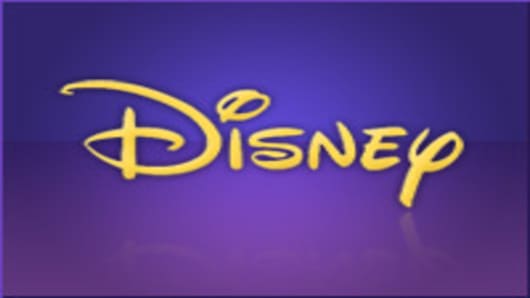Ross oversaw its $250 million production budget and another $100 million spent on marketing.
That wasn’t Ross’ only disappointment: in his tenure Disney also launched "Mars Needs Moms," one of its biggest bombs ever. "Prom" was also a failed experiment at bringing the low-budget TV movie model to the big screen: Teen audiences just didn’t turn out in the numbers expected.
Under Ross’ watch Disney has cut the number of movies it produces, filling its pipe with lower-risk distribution deals with partners like Steven Spielberg’s DreamWorks. The problem: with fewer films, bombs sting all the more.
Ross came to the studio after a successful run in television. He helped grow Disney Channel into a worldwide phenomenon, with hit franchises like "High School Musical." But Ross couldn’t translate his golden touch with cable TV to the movie industry.
Running Disney’s studio is arguably a more important role at Disney than at any of the other media conglomerates. From the most recent quarterly report that the company issued, for the quarter ended Jan 1, the studio was responsible for just 18 percent of the media giant’s revenues and 17 percent of its operating income. But Disney’s movies play an outsized role as a creative engine for the rest of the company. CEO Bob Iger looks to the studio to create brands and compelling characters that in addition to spawning sequels, will generate franchises it can exploit across all its platforms—consumer products, theme parks, and even the Disney Channel.
Disney is not naming a replacement just yet, but we can bet it’s hustling to find one quickly. With earnings coming up on May 8, analysts will surely have plenty of questions on the earnings call about strategy for the studio.
Questions? Comments? MediaMoney@cnbc.com



